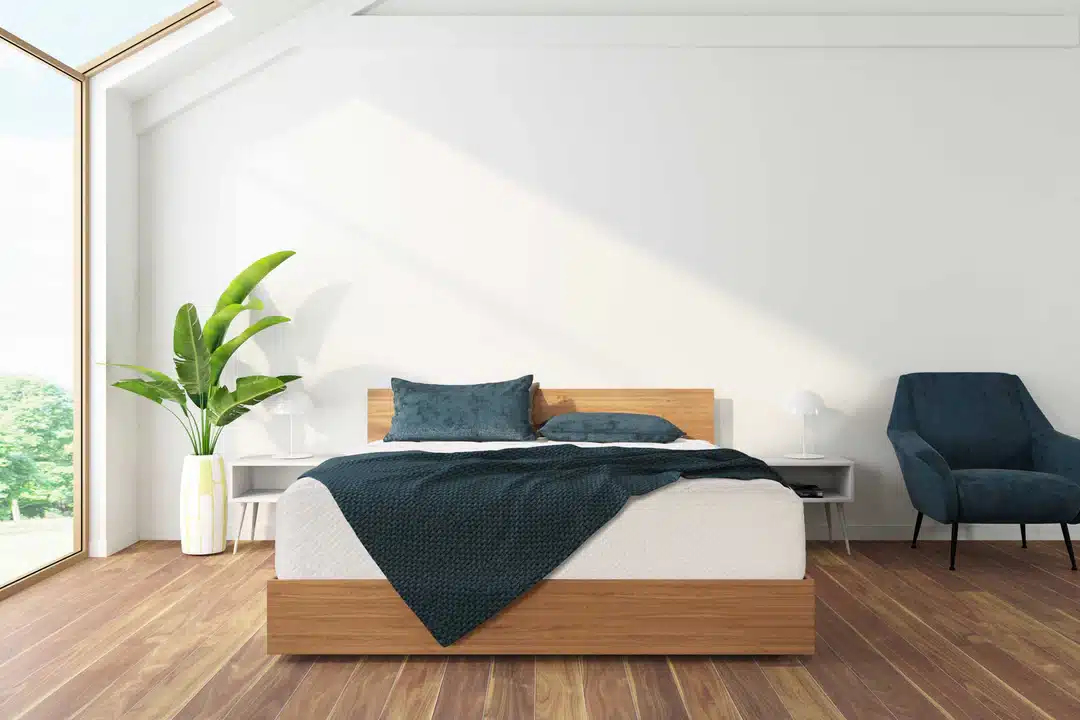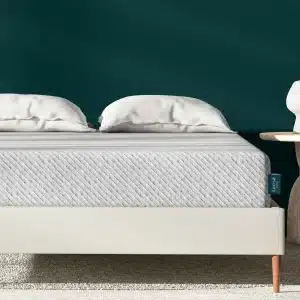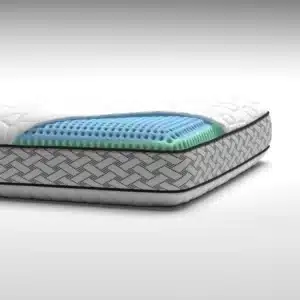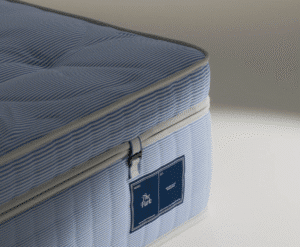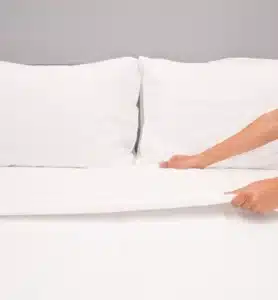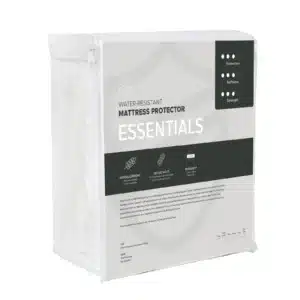A Comprehensive Guide to Understanding and Solving Drooling in Your Sleep
Drooling in your sleep might appear to be a trivial issue, but it can often signal underlying health concerns. For many individuals, excessive saliva escaping during slumber is not merely an inconvenience; it’s a symptom of various factors such as sleep position, nasal congestion, or medical conditions. If you’re reading this, you’re likely seeking answers on why drooling occurs and how to effectively combat it.
Understanding the Causes of Drooling in Your Sleep
To successfully address drooling, it’s crucial to understand its underlying causes. Let’s delve into the primary factors contributing to this condition.
Sleep Position
Your choice of sleep position is a significant determinant of whether you drool at night. When sleeping on your side or stomach, gravity can make it easy for saliva to leak from your mouth, especially when the facial muscles fully relax. To minimize drooling, consider transitioning to sleeping on your back. This position helps contain saliva within your mouth, reducing the likelihood of it escaping.
Nasal Congestion
Nasal congestion is another prominent factor leading to drooling. Blocked nasal passages from a cold, allergies, or even structural issues like a deviated septum can compel you to breathe through your mouth, making drooling more likely. Conditions such as pregnancy rhinitis can also exacerbate nasal congestion, increasing mouth breathing and consequently leading to drooling.
Gastroesophageal Reflux Disease (GERD)
GERD is characterized by stomach acid bubbling up into the esophagus, often causing symptoms like heartburn and difficulty swallowing. This condition can irritate the throat, stimulating saliva production and increasing the chances of drooling during sleep. Effectively managing GERD through lifestyle changes, medications, or even surgical options can significantly reduce drooling.
Medication Side Effects
Certain medications can lead to hypersalivation, resulting in drooling while sleeping. Common culprits include antipsychotics, Alzheimer’s medications, and some antibiotics. If you suspect that your medications are contributing to drooling, consult your healthcare provider regarding potential alternatives.
Neurological Conditions
Neurological disorders such as strokes, Parkinson’s disease, cerebral palsy, and traumatic brain injuries can interfere with the control of swallowing and saliva management. If you have a neurological condition, it’s important to discuss targeted treatments with your healthcare provider that can help alleviate the effects of drooling.
Obstructive Sleep Apnea (OSA)
OSA is a serious sleep disorder characterized by episodes of halted breathing during sleep. Individuals with OSA often breathe through their mouth, which increases the likelihood of drooling. Symptoms include loud snoring, choking sounds, and excessive daytime fatigue. Treating OSA with devices like CPAP machines can effectively reduce drooling.
Dental Issues
Dental problems such as cavities or infections can lead to increased saliva production. Your body naturally produces more saliva when dealing with infections, which may contribute to drooling while asleep. Regular dental check-ups are essential for dismissing or managing these issues.
Effective Solutions to Stop Drooling in Your Sleep
If you’re dealing with frequent drooling at night, don’t worry—numerous strategies can help.
Change Your Sleep Position
One of the simplest changes involves adjusting your sleep position. Try sleeping on your back, and consider propping yourself up with a supportive pillow. This positioning not only reduces drooling but can also alleviate issues like nasal congestion and GERD.
Treat Nasal Congestion
Taking steps to address nasal congestion can significantly cut down on mouth breathing, thereby reducing drooling. Options include:
– Decongestants: These can shrink swollen nasal tissues and open up your passages.
– Saline Nasal Sprays: Helpful for clearing mucus and relieving congestion.
– Antihistamines: Effective against allergy-induced congestion.
Manage GERD
Managing GERD can help minimize drooling. Here are a few strategies:
– Lifestyle Changes: Avoid heavy meals before bed, elevate your head while sleeping, and steer clear of alcohol and smoking.
– Medications: Over-the-counter antacids or prescribed medications can assist in managing symptoms.
– Surgery: In severe cases, surgical procedures like fundoplication may be considered.
Utilize Medical Devices
Certain devices may alleviate drooling:
– Mandibular Devices: These mouthguards help keep your jaw in a position to minimize drooling and snoring.
– CPAP Machines: For sleep apnea sufferers, CPAP machines maintain open airways, reducing mouth breathing.
Explore Home Remedies
Consider some simple home remedies:
– Stay Hydrated: Keeping well-hydrated helps thin saliva, reducing the chance of pooling.
– Biting on Lemon Wedges: This may help thin saliva and enhance oral comfort.
– Using Humidifiers: Moist air can improve nasal congestion, leading to less mouth breathing.
Seek Medical Treatments
For severe cases, delve into medical treatments such as:
– Botox Injections: Used to decrease saliva production, especially in conditions like cerebral palsy.
– Surgery: In extreme situations, surgical removal of salivary glands might be recommended.
When to Consult a Healthcare Provider
Keeping an eye on certain symptoms can guide you to seek professional help. Here’s when you should consider visiting a healthcare provider:
Excessive Drooling
Recurrent, excessive drooling that leaves your pillow wet every night warrants professional evaluation. This could affect both sleep and overall quality of life.
Sleep Disruption
If drooling causes frequent disruptions during your sleep, leading to daytime drowsiness and fatigue, it’s essential to seek help.
Associated Symptoms
Monitor any additional symptoms that might indicate serious health issues, such as:
– Stuffy nose accompanied by facial swelling
– Prolonged cough or fever
– Extreme daytime tiredness
– Loud snoring or unusual sleeping positions
Conclusion
Drooling in your sleep, while often dismissed as a minor nuisance, can have significant implications for your overall health and sleep quality. Understanding the contributing factors is essential in tackling this issue head-on. By adopting changes in sleep position, managing nasal congestion, and addressing potential medical concerns, you can improve not only your sleep quality but also your daily well-being.
At Yawnder, we are dedicated to supporting your journey to better sleep. Whether it’s through ergonomic pillows or medical devices tailored for your needs, we provide the tools necessary for a restful, drool-free night. If you’re grappling with excessive drooling, begin exploring solutions now, and don’t hesitate to consult a healthcare provider for any lingering concerns. Your optimal sleep experience awaits!






